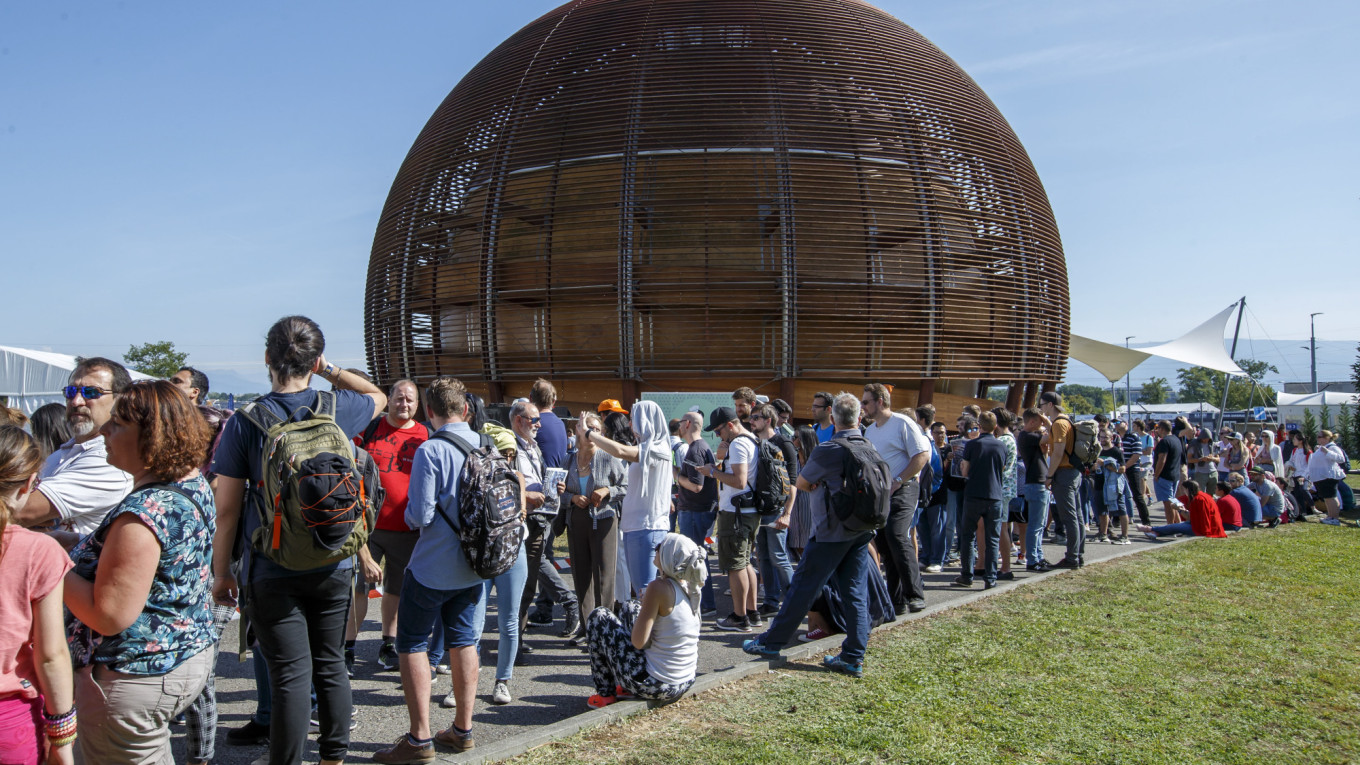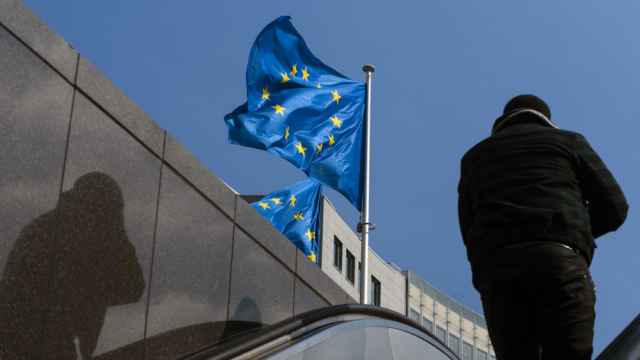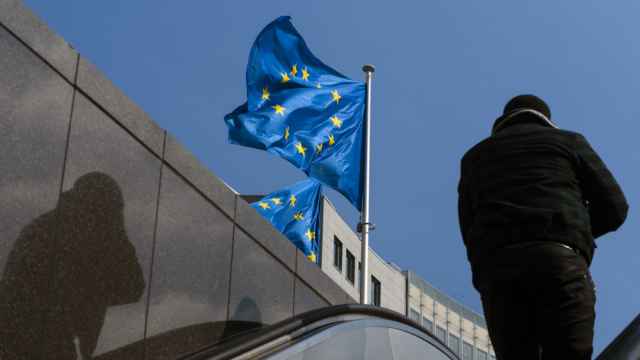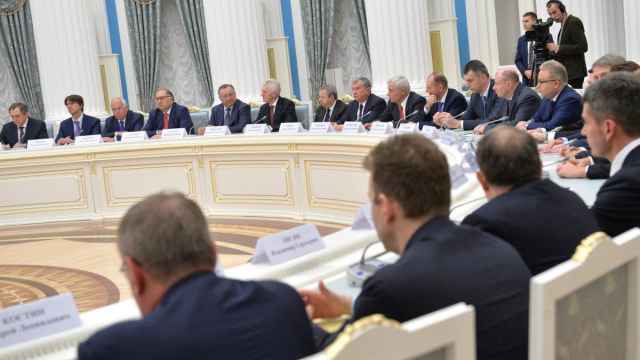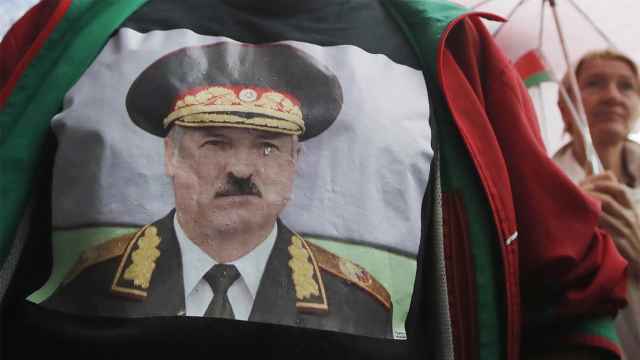Europe's physics lab CERN said Sunday that some 500 scientists linked to Russian institutes will be affected when it stops cooperation with Russia in late November as planned.
CERN's decision-making body agreed in June 2022 to terminate cooperation agreements with Russia and its ally Belarus over the war in Ukraine.
Thus, Belarus's five-year agreement was not renewed when it expired last June 27, and Russia's will not be extended when it ends on Nov. 30, CERN said.
This has already reportedly left around 15 Belarusian scientists cut off from cooperating with CERN, and hundreds of Russian scientists will soon face the same fate.
"This applies to scientists affiliated with Russian institutes — less than 500 today — who will have to stop such cooperation," CERN spokesman Arnaud Marsollier told AFP, confirming reports.
Those scientists have until now figured among a community of around 17,000 researchers worldwide, mostly working from their own host institute or laboratory as they participate in CERN-linked work, including experiments and data analysis.
When CERN's decision-making council finalized the decision to halt cooperation with Russia last December, it stressed that it would "not affect the relationship with scientists of Russian nationality affiliated with other institutes."
Marsollier estimated that around 90 Russians had moved to other labs and would be able to continue their collaboration.
The decision also does not impact employees at the Joint Institute for Nuclear Research (JINR), based in Dubna, around 110 kilometers north of Moscow.
It is considered "an international organization," Marsollier explained.
The exclusion of Russia also means CERN will lose out on significant financial contributions.
Russia had been pitching in around 4.5 percent towards the annual operational costs of the experiments run in the lab's giant particle accelerator, the Large Hadron Collider, or around 2.3 million Swiss francs ($2.7 million).
And it had vowed to pitch in 40 million francs ($47.57 million) toward the dramatic upgrade underway of the LHC, set to come online in 2029 and increase the number of detectable events by a factor of 10.
Other member states will step in to cover Russia's budget contribution, and Marsollier said CERN would fill the gap on the LHC upgrade.
There is "no delay expected due to this," he said.
A Message from The Moscow Times:
Dear readers,
We are facing unprecedented challenges. Russia's Prosecutor General's Office has designated The Moscow Times as an "undesirable" organization, criminalizing our work and putting our staff at risk of prosecution. This follows our earlier unjust labeling as a "foreign agent."
These actions are direct attempts to silence independent journalism in Russia. The authorities claim our work "discredits the decisions of the Russian leadership." We see things differently: we strive to provide accurate, unbiased reporting on Russia.
We, the journalists of The Moscow Times, refuse to be silenced. But to continue our work, we need your help.
Your support, no matter how small, makes a world of difference. If you can, please support us monthly starting from just $2. It's quick to set up, and every contribution makes a significant impact.
By supporting The Moscow Times, you're defending open, independent journalism in the face of repression. Thank you for standing with us.
Remind me later.


